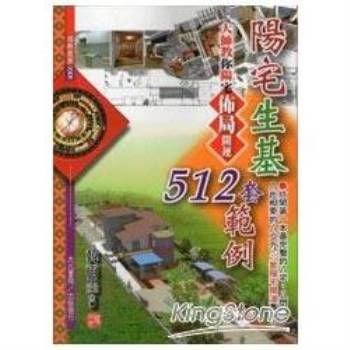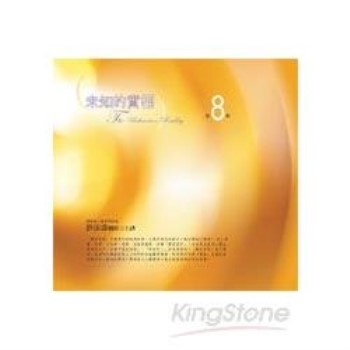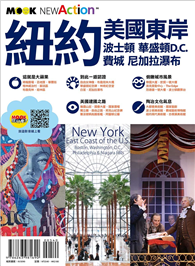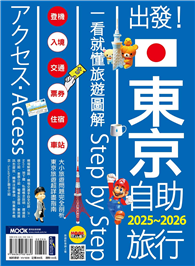This paper discusses the influence of colonialism on the recognition of Lesbian, Gay, Transgender, Transvestite, Queer and Intersex (LGBTTQI) populations in the Central American country of El Salvador, as well as the forms of resistance carried out by organised groups. Even in a system where the debate on human rights is growing from a perspective of recognising plurality, the guarantee or otherwise of these rights is strongly influenced by the historical formation of the political, social and governmental structures of the post-civil war period, which took place between 1980 and 1992. To analyse the obstacles to the recognition of LGBTTQI populations in El Salvador, as well as the possibilities of resistance and transformation of peripheral identities in a context of reproduction of colonial norms.
| FindBook |
有 1 項符合
Internal Colonialism and LGBTTQI Resistance in El Salvador的圖書 |
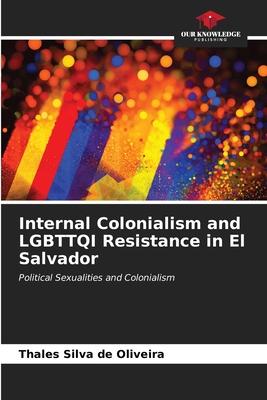 |
Internal Colonialism and LGBTTQI Resistance in El Salvador 作者:Silva de Oliveira 出版社:Our Knowledge Publishing 出版日期:2023-12-23 語言:英文 規格:平裝 / 52頁 / 22.86 x 15.24 x 0.3 cm / 普通級/ 初版 |
| 圖書館借閱 |
| 國家圖書館 | 全國圖書書目資訊網 | 國立公共資訊圖書館 | 電子書服務平台 | MetaCat 跨館整合查詢 |
| 臺北市立圖書館 | 新北市立圖書館 | 基隆市公共圖書館 | 桃園市立圖書館 | 新竹縣公共圖書館 |
| 苗栗縣立圖書館 | 臺中市立圖書館 | 彰化縣公共圖書館 | 南投縣文化局 | 雲林縣公共圖書館 |
| 嘉義縣圖書館 | 臺南市立圖書館 | 高雄市立圖書館 | 屏東縣公共圖書館 | 宜蘭縣公共圖書館 |
| 花蓮縣文化局 | 臺東縣文化處 |
|
|
圖書介紹 - 資料來源:博客來 評分:
圖書名稱:Internal Colonialism and LGBTTQI Resistance in El Salvador
|

